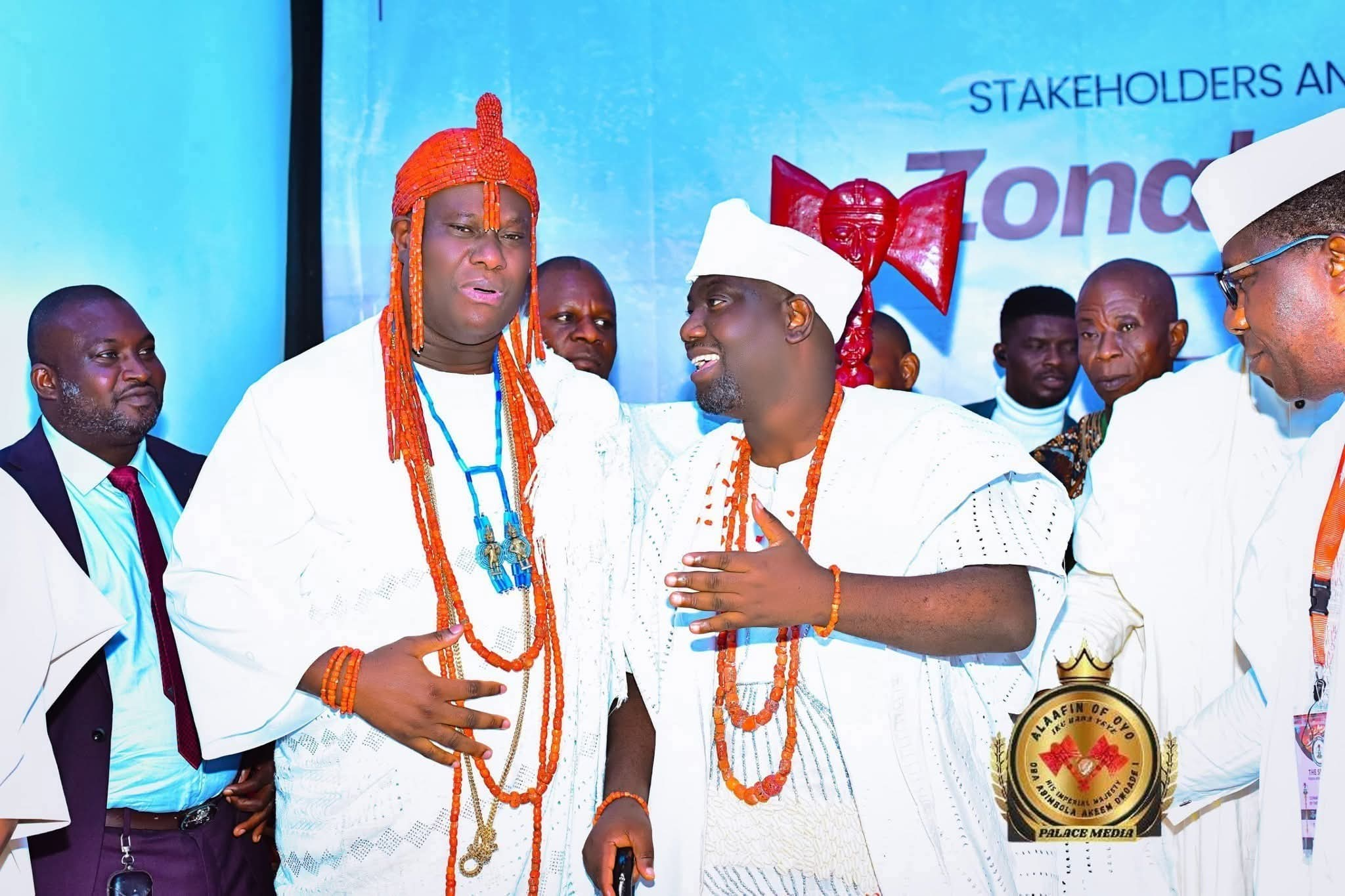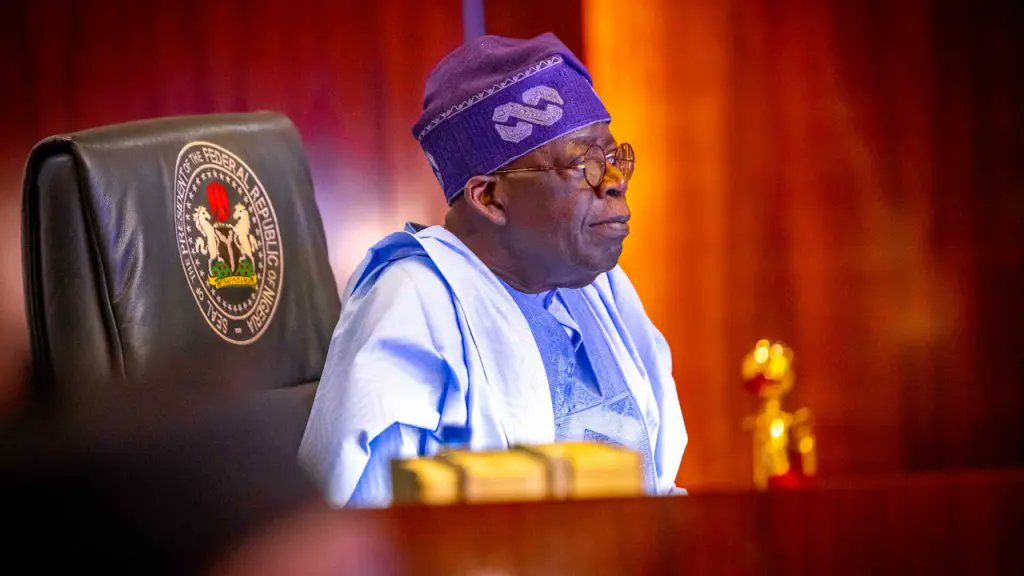What is brewing as a revival of the age-old supremacy battle between the Alaafin of Oyo and the Ooni of Ife is unnecessary and capable of harming the unity and cohesion required by the Yoruba people to tackle the challenges confronting the South West region and undermining its development aspirations.
Except for a few unpatriotic and selfish individuals who may hope to gain something from the antagonism between the two most prominent and leading Yoruba traditional rulers, the Yoruba people, both at home and abroad, will not welcome the unsavoury development that is purely about where the final authority in the Yoruba nation lies. This should not, either now or in the future, be a priority of any monarch again, particularly in a period when the pre-colonial traditional governance structure that required it for concrete assignment of power and responsibilities to avoid crisis no longer exists.
Rather than fight over jurisdiction, what really should be engaging the mind of the two rulers is the role each of them can and should be playing for the overall development of the Yoruba nation. This altercation should end now in the interest of peace and progress of the region.
Recent media reports indicated revival of the rivalry by the new entrants to the two thrones, Alaafin of Oyo, Oba Akeem Owoade and Ooni of Ife, Oba Adeyeye Ogunwusi. The controversy is about seniority and who has the right of conferment on any subject a traditional title, the influence of which covers the entire Yoruba land.
What really sparked the current fire was the plan by the Ooni Ogunwusi to confer the title of ‘Okanlomo of Yorubaland’ on Chief Dotun Sanusi who runs the Ilaji Resort and Sports Centre in Ibadan, the Oyo State capital. But Alaafin Owoade felt slighted by the Ooni’s move, which he considered an affront and a trespass to his area of jurisdiction. Consequently, he reportedly ‘ordered’ Ooni Ogunwusi to rescind within 48 hours any plan to honour any Yoruba citizen within his (Oyo) empire.
Observers believe that by the ultimatum, Oba Owoade claimed to be senior to Ooni, in opposition to a similar claim by the late Ooni of Ife, Oba Okunade Sijuwade, that Ooni is senior to Alaafin. It was in 1991 that Oba Sijuwade and the then Alaafin, Oba Lamidi Adeyemi, locked horns over the same seniority issue when Oba Sijuwade planned to confer the title of ‘Akinrogun of Yorubaland’ on Chief Tom Ikimi. Alaafin Adeyemi urged Ikimi not to accept the title, ostensibly claiming that he was the one with the authority to confer such a title on anyone.
The altercation culminated in Oba Sijuade declaring to the Oyo State government that the crown on the Alaafin of Oyo’s head, which confers on him the rights and responsibilities of a traditional ruler, was given to him by the Ooni of Ife, and that it could be withdrawn by the Ooni by evoking the special power conferred on him at the Temple of Oduduwa.
Such disagreement should not be allowed to fester because the Yoruba people do not need it. Already, some influential individuals and groups have started to take sides, flaunting different stories of what they believe to be the reality as regards who is the senior between the two monarchs and where the final authority of the Yoruba nation should lie.
The Alaafin and the Ooni should stop the crisis from escalating or constituting a threat to peace and growth of Yorubaland, a development that can cause loss of reverence to the two thrones. Any attempt to set the Yoruba history straight now is difficult and capable of unduly polarising the region.
Behind this altercation between the two rulers is mere egocentrism that offers no good for the Yoruba nation in today’s modern world, with new institutions still evolving. The empires and kingdoms of yesteryears had been replaced with regions, and now fragmented into smaller political entities known as states and local governments. The maps have been disrupted to the extent that many Yoruba people now find themselves scattered in some states and local governments outside what is known today as the South West, which is what is left of, at first, the balkanised Oyo Empire and later the fragmented Western region.
Consequently and obviously, the governance structure in the primordial and pre-colonial times that made the sphere of authority of a monarch sacrosanct has long been destroyed. The earlier the country’s traditional leaders come to terms with this reality the better for them and their people. Nothing should be allowed to reduce monarchies to objects of ridicule.
The Yoruba people are currently battling, on all fronts, endemic problems of lack of unity and peace, hostile working environment, dwindling agricultural output, kidnapping, cultism and other common criminalities to which they urgently need lasting solutions, not a supremacy battle. The region that was once a prominent mass producer of food and other agricultural products for local and foreign consumption is now taking the back seat, partly because of the unprecedented insecurity in the farms and even in the homes.
The forests are now replete with terrorists, kidnappers and other criminal elements that kidnap people, including traditional rulers, for ransom, rape old women and young girls and kill innocent citizens freely, making it difficult for farmers to go out and cultivate the land. The foundation of agriculture, with which the South West recorded monumental achievements in the past, is fast being destroyed.
Yoruba people expect Ooni and Alaafin to play a crucial role in tackling the insecurity in the land by deploying the bravery and gallantry with which Yoruba fought and won many battles under the leadership of the past Alaafins and Oonis to make the South West a safe place to live in. That is how the zone can make progress. The leaders should use what they have to develop the land.
It is encouraging that Ooni Ogunwusi and Alaafin Owoade, as chairman and co-chairman of the World Orisha Congress (WOOCON), are working together with other eminent Yoruba citizens, including the Nobel Laureate, Prof. Wole Soyinka and Prof. Wande Abimbola, and the National Institute for Cultural Orientation (NICO) to promote Yoruba cultural heritage in Brazil and other foreign countries. That is the way to go.
The Yoruba expect to see more of such joint efforts of the two monarchs, and in other areas, that will immensely benefit the South West and Nigeria. They are expected to make a practical contribution to the implementation of the contents of the Development Agenda for Western Nigeria (DAWN). This can only happen in an atmosphere of peace and mutual respect that must never be lost between the two great Yoruba leaders.






